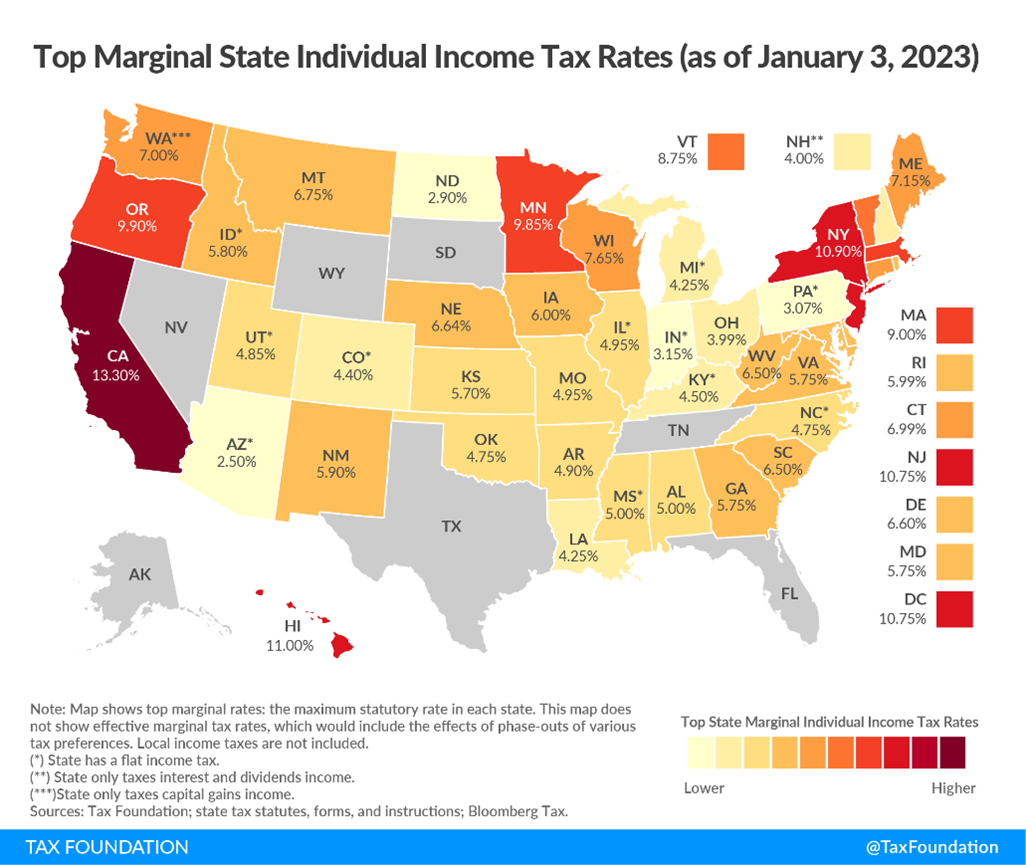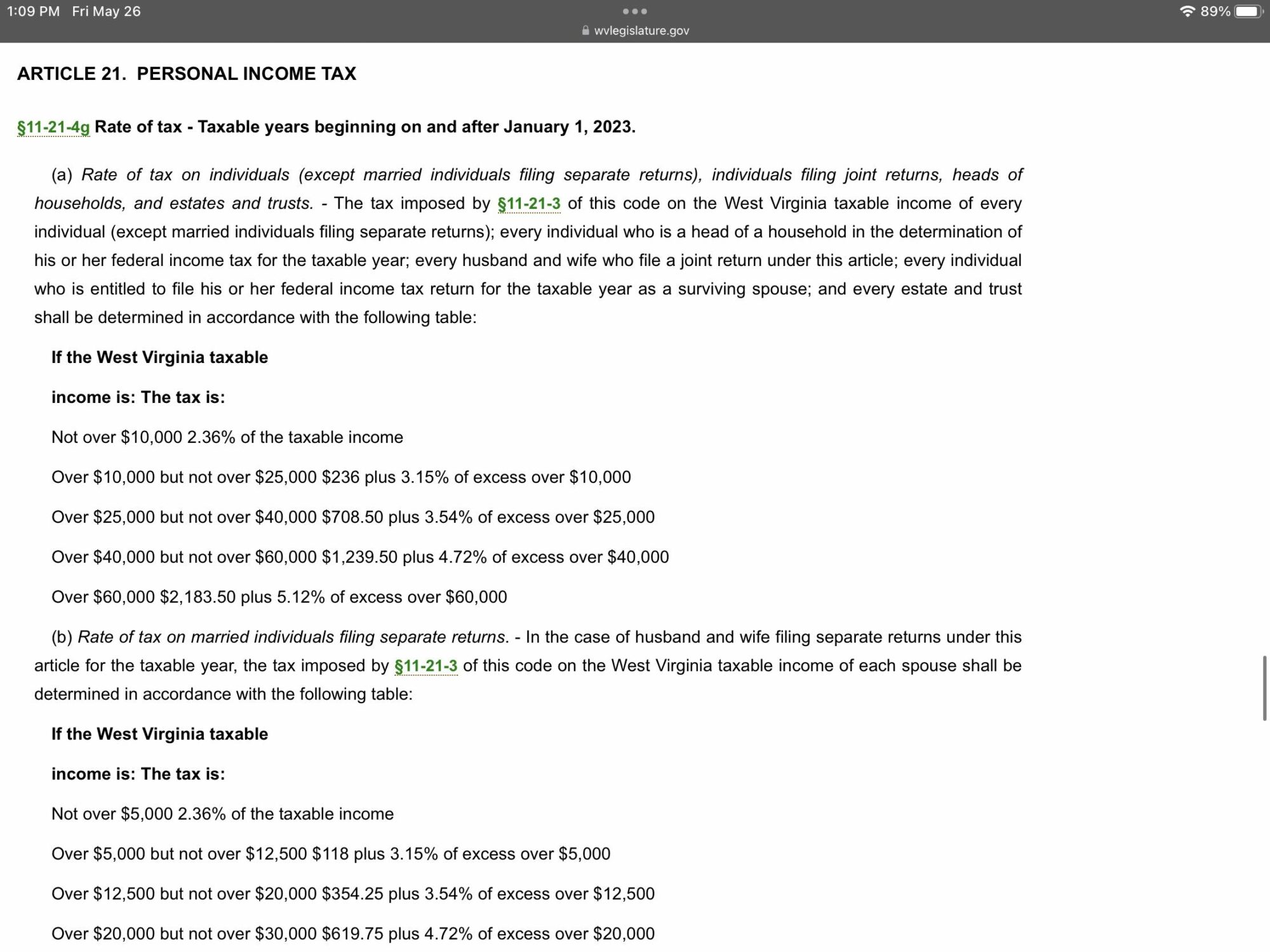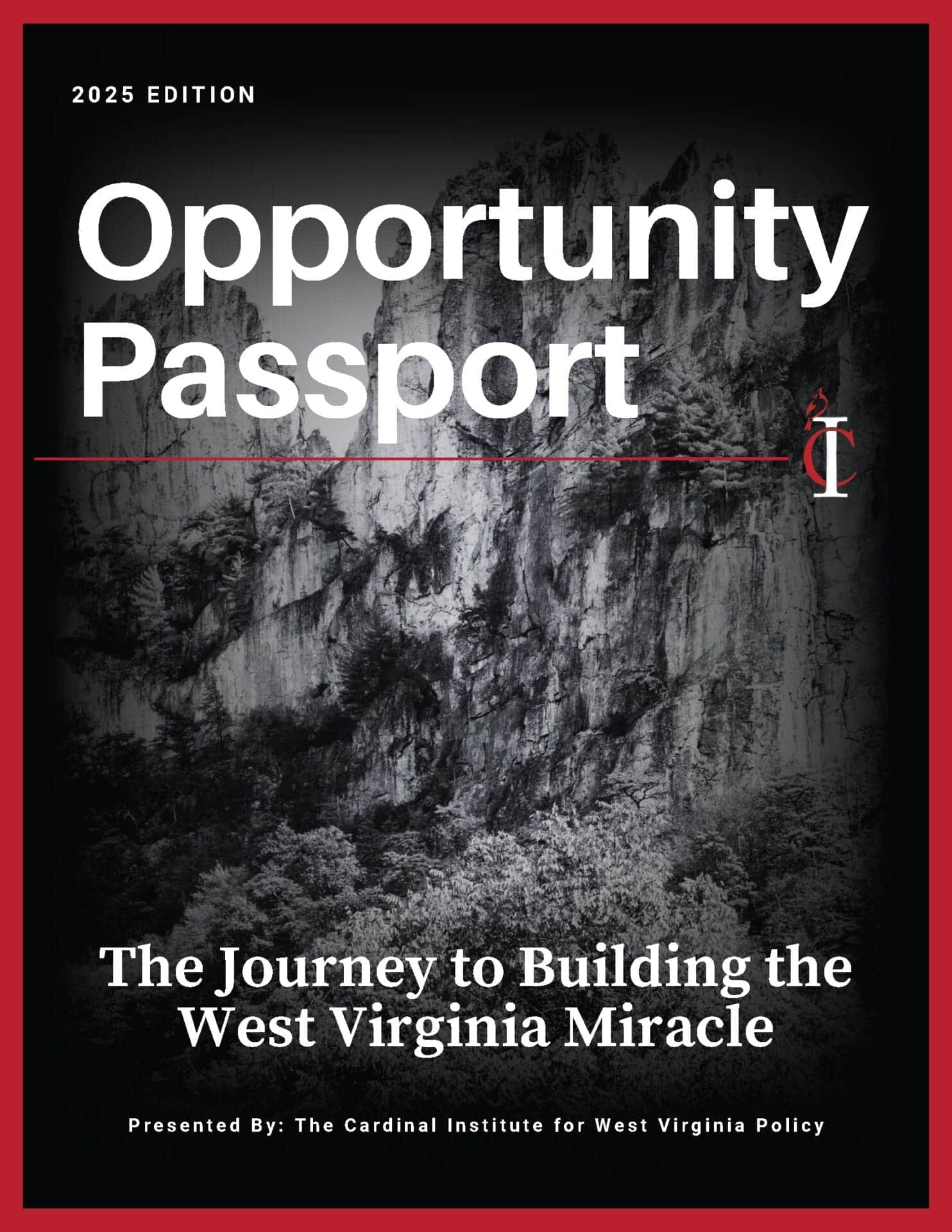
Remote Workers Welcome in the Mountain State
Cardinal Team
West Virginia Should Become a Top State for Remote Workers
In the wake of the coronavirus pandemic, remote work is here to stay. In 2022, the Bureau of Labor Statistics reported that 35% of men and 42% of women are working from home – either some or all days per week. Many states and cities are capitalizing on this change by offering incentives to draw in new residents. West Virginia has already begun to do so as well. The Mountain State should continue to make policy changes that will position it as a top state for remote workers in America.
What are the Makings of a Top State for Remote Workers?
WalletHub ranked all 50 states and DC on their potential as remote work states. Their top three were Delaware, Utah, and Maryland. Interestingly, DC was ranked as number six. WalletHub seems to think that the capital region – with its high taxes, high cost of living, high crime, and crowded cities – is the best the nation has to offer for remote workers.
WalletHub’s criteria for a good remote work state are also puzzling. These included the cost of electricity and the cost of internet. Also obscure things like “Median Square Footage per Average Number of Persons in a Household, Share of Detached Housing Units, and Share of for Sale Homes with Swimming Pool.”
These considerations seem out of touch with what the average American looks for when choosing which state to move to. While it might seem on the surface that the cost of internet would be a consideration for someone who is working largely via the internet, when is the last time you or someone you know asked about the cost of electricity or the internet in a state or city before considering moving? If you’re like most people, you were more concerned with income taxes, property taxes, health care access, education opportunities for your children, the weather and geography of an area, and amenities that are related to your personal values.
These are not factors that WalletHub considered when ranking states as places remote workers would find attractive. If you take them into consideration, West Virginia is well on its way to becoming a top state for remote workers to live in.
Education Choices
Recent wins with school choice make the state more attractive to remote workers with families. Those relocating to West Virginia can choose from private schools, homeschooling, charter schools, mircroschooling, and more. Plus, recent legislation created a pathway for children in non-traditional education to participate in sports.
In 2022, West Virginia launched the Hope Scholarship which allocates state-funded education dollars toward purchasing state-approved educational resources. As it stands, each eligible student can receive $4,300 toward these resources. To be eligible, the student must be a West Virginia resident and must be enrolled in and attending a public school for a minimum of 45 days before first applying.
West Virginia offers fantastic ways for parents to select options that reflect their values and children’s needs while also providing access to educational resource funding.
Low Income Tax (with a pathway to zero)
At Cardinal Institute, we believe that a prosperous West Virginia needs tax policy that does not burden its citizens.
Before the 2023 legislative session, the income tax stood at 3% for salaries under $10k and 6.5% for salaries over $60k. As the graphic below shows, West Virginia had a higher maximum income tax than any other state that it borders. Even Virginia is lower with its maximum income tax of 5.75%.

Image credit: Tax Foundation
However, during the 2023 legislative session, lawmakers passed “the biggest tax reduction in state history.” This legislation included a 21.25% income tax reduction in the first year and triggers to continue reducing the income tax beginning in 2024. It also included several personal property tax rebates.
You can see the details below.

Regarding the tax cut, Gov. Jim Justice said
“This deal returns over $750 million to hardworking West Virginians through a major cut to our personal income tax, rebate of the car tax, a 50% rebate of the property tax on machinery and inventory to small businesses, and tax credits to West Virginia Veterans. It also puts us on a pathway toward the complete elimination of our personal income tax.”
While this is a positive move, West Virginia lawmakers would be well advised to continue with Gov. Justice’s vision of an income tax-free West Virginia. When this is accomplished, West Virginia will become a more attractive destination for remote workers and others.
Health Care Options
Additionally, many remote workers care about health care quality and access. West Virginia has made strides in repealing CON laws. Earlier this year, Gov. Justice signed legislation repealing CON laws from hospitals and birthing centers. This will, among other things, improve access to high quality maternity care options, making having children and starting families more affordable. This could prove attractive to remote workers who want to start a family.
Cost of Living and Property
Right now, Texas is a popular destination for those wishing to relocate. However, despite having no state income tax, Texas has a high property taxes at 1.8%. West Virginia has the lowest property taxes in the nation at 0.58%. Metro news recently reported that West Virginia is also the second lowest state in the nation for renting and homebuying prices. They also noted the state as the second lowest cost of living based upon taxes, groceries, healthcare, and more. Looking for a state to own a great, affordable home while working remote? West Virginia is a great option.
Geography
After relocating and buying their new affordable home, new residents can also enjoy mountain experiences that are second to none. With West Virginia’s Mountain comes whitewater rafting, rock climbing, charming towns, long mountain hikes, and more.
Relocation Incentives for Remote Workers
Many places in the US are offering exciting incentives to attract remote workers. These cities suffer – much like West Virginia – from declining populations and want to attract new life to boost their economies.
Places like Arkansas, Arizona, Alabama, and Kansas are all offering cash just to move there. Two dozen cities in Indiana joined forces with the Indiana Economic Development Corporation to offer $2.5 million in relocation incentives that are expected to bring an economic boost in the tens of millions. While a state-funded program is not what the Mountain State needs, West Virginia already has a similar, privately funded program. Ascend WV offers remote workers $12,000 to relocate to various areas in the Mountain state. The program promises to show new residents the best that West Virginia has to offer and the side of the state that the rest of America rarely sees. They offer outdoor recreation opportunities, free co-working spaces, and social programming.
The program was started by Brad Smith and his wife Alys. Smith is a Silicon Valley exec who still longs for country roads to bring him home to West Virginia. Ascend WV began as a project to share the beauty of the Mountain State with others while attracting new residents to breathe new life into the state.
Other business leaders, philanthropists, and entrepreneurs with a stake in West Virginia would do well to take note of Smith’s endeavors for West Virginia. Investments in initiatives that attract remote workers could pay dividends down the road. Many living in Silicon Valley surely would love to ditch urban life for the mountains. A “Code from the Mountains” program could be very enticing to many people.
Looking Forward
The state-to-state struggle to attract remote workers is on. West Virginia is already making strides in the direction of increasing freedom and opportunity. Will West Virginia continue to capitalize on this opportunity to become a top state for remote workers?
Nate Phipps is the Communications & Social Media Associate for the Cardinal Institute for West Virginia Policy.







